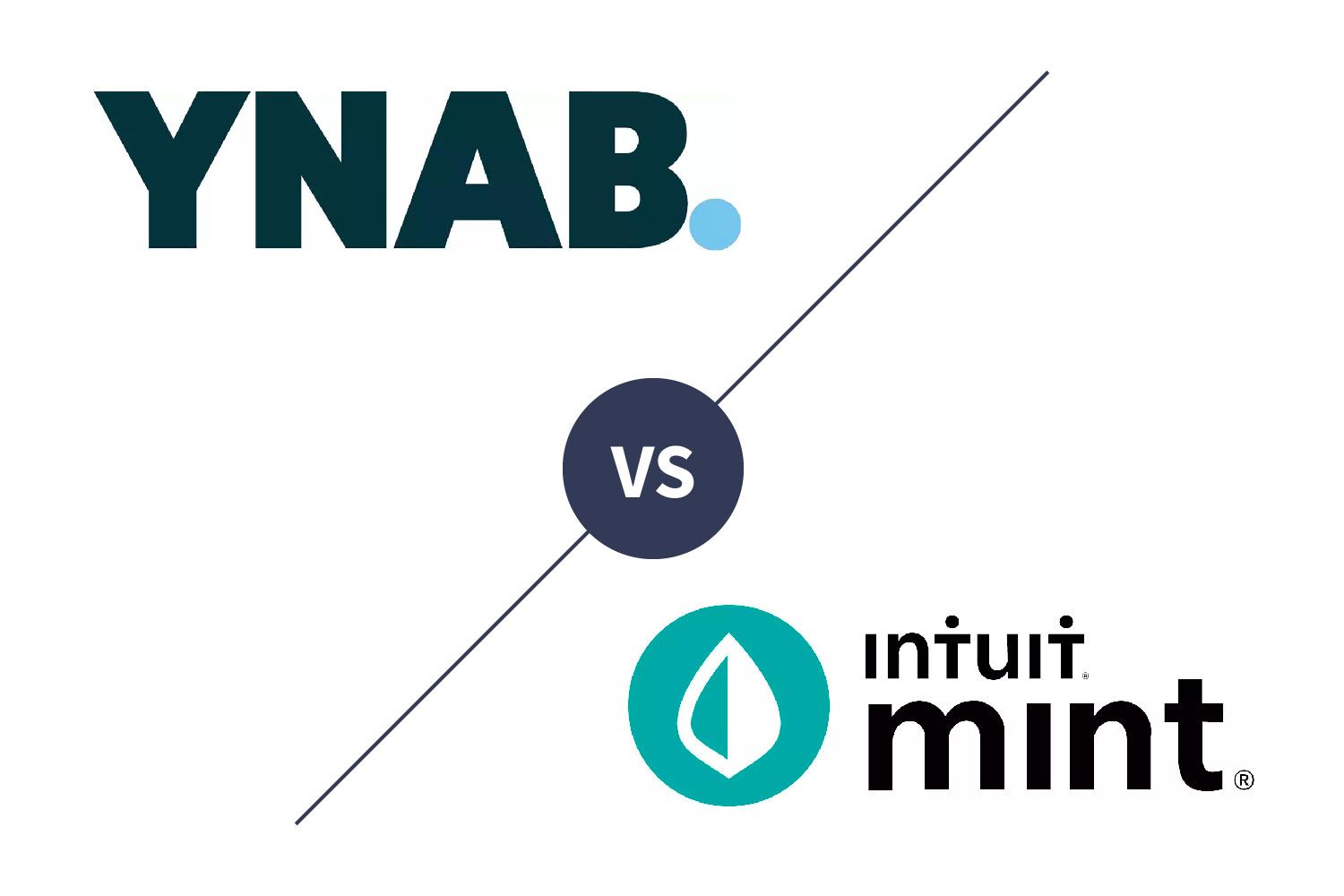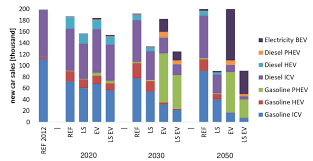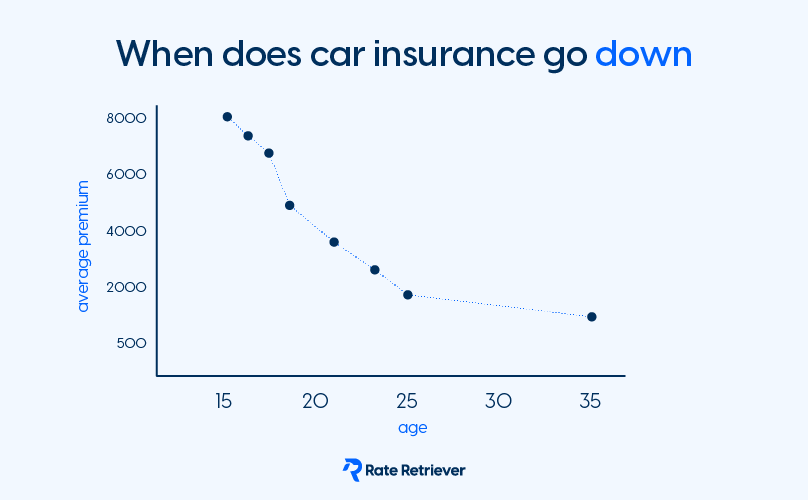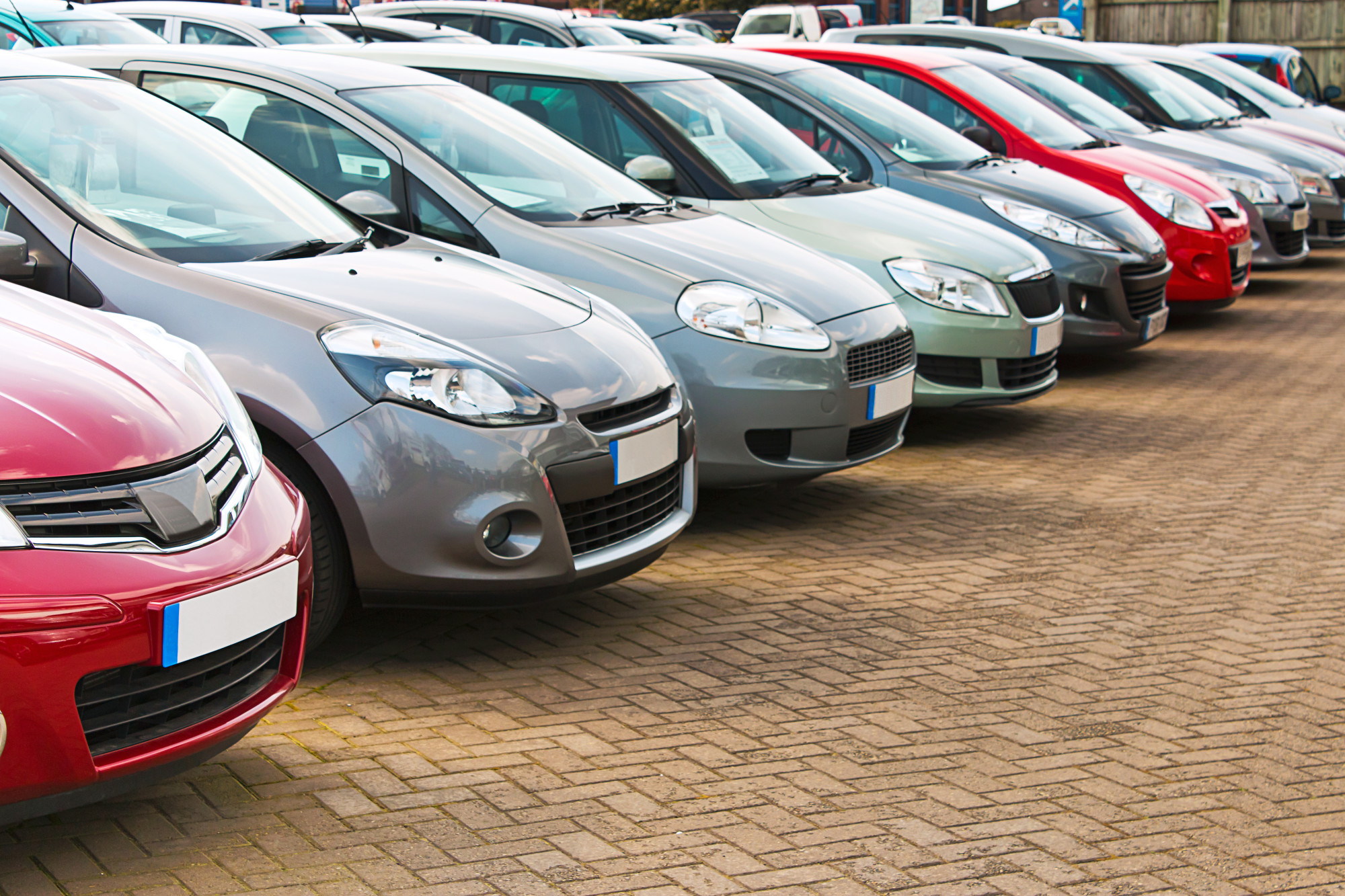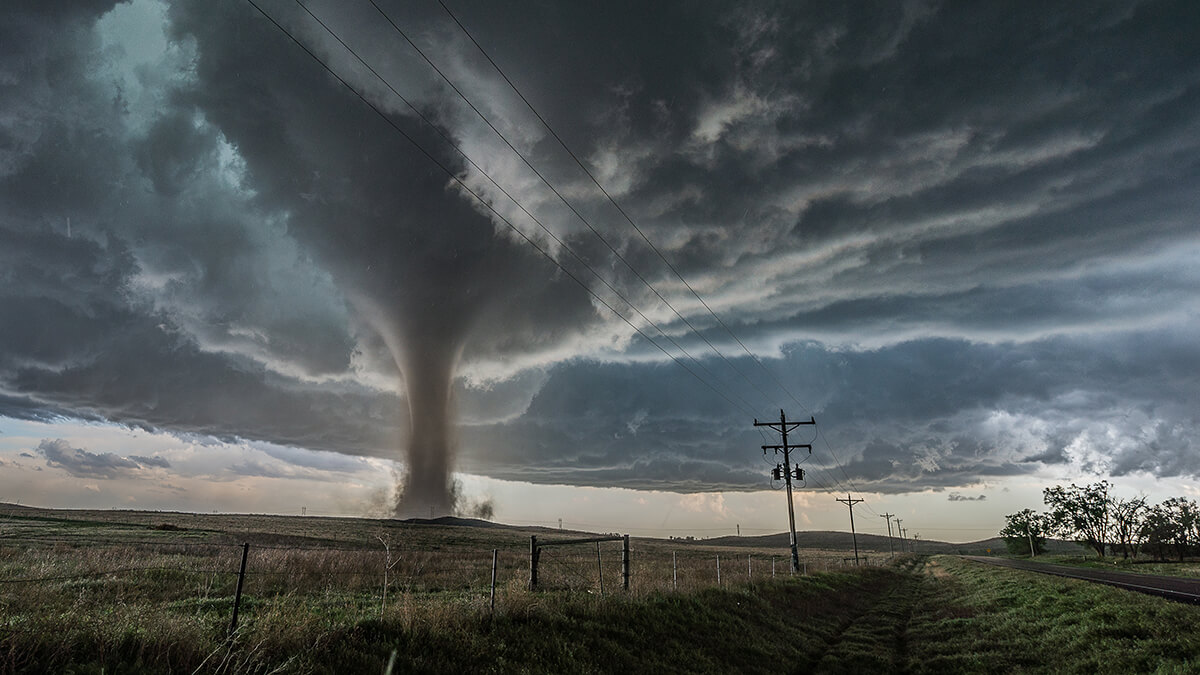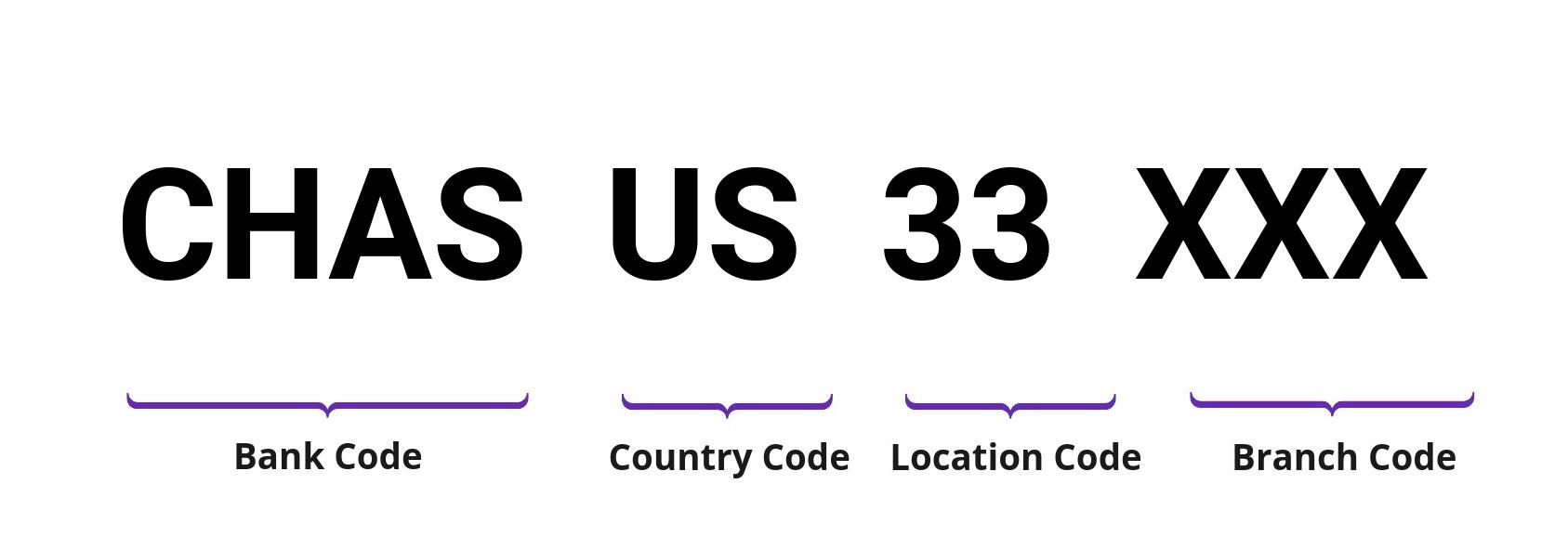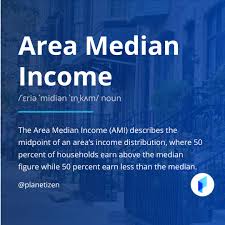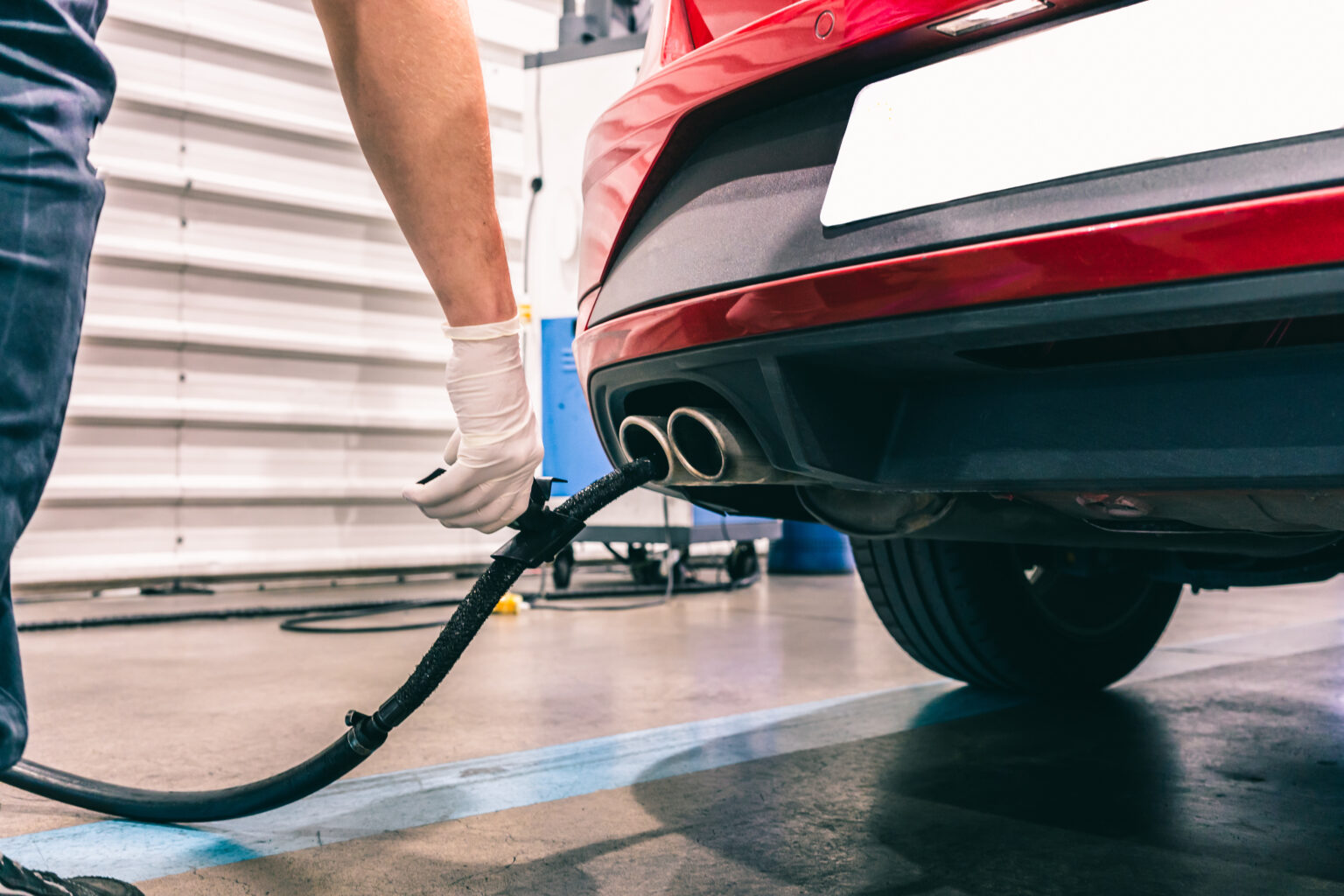When comparing diesel vs. gas engines, the differences go beyond just the type of fuel they use. Diesel and gasoline engines vary in cost, performance, efficiency, environmental impact, and lifespan. Generally, diesel engines are built for fuel efficiency, torque, and durability, while gas engines offer lower costs, faster acceleration, and cleaner emissions.
Key Takeaways
- Diesel engines: more fuel efficient, longer lifespan, higher torque (ideal for towing and long-distance driving).
- Gas engines: lower purchase price, faster acceleration, cleaner emissions (better for city driving).
- Choosing between diesel and gas depends on driving style, budget, and performance needs.
Diesel vs. Gas Engines: Main Differences
1. Fuel type
- Gasoline is more volatile, burns cleaner, and evaporates faster.
- Diesel fuel contains more energy per gallon, making it more efficient for long trips.
2. Fuel cost
- Diesel fuel usually costs more than gasoline.
- However, diesel engines often offset this cost with better miles per gallon (MPG).
3. Power
- Gas engines excel at speed and acceleration due to higher RPMs.
- Diesel engines deliver more torque, making them better for towing and hauling.
4. Fuel efficiency
- Diesel engines can achieve 30–50 MPG or higher, thanks to the energy density of diesel fuel.
- Gas engines consume more fuel over long distances, especially under heavy loads.
5. Environmental impact
- Diesel engines emit less CO₂ per mile.
- Gas engines produce fewer nitrogen oxides (NOx) and particulates, meaning cleaner air quality in cities.
6. Life expectancy
- Diesel engines are built stronger to withstand high compression, lasting 500,000–800,000 miles with proper care.
- Gas engines generally last fewer miles but cost less to repair and maintain.
Is Diesel Better Than Gas?
- Choose diesel if: you drive long distances, tow heavy loads, or want maximum engine longevity.
- Choose gas if: you prioritize quick acceleration, lower upfront costs, or drive mostly short, city trips.
Should You Buy a Diesel Truck or Car?
- Diesel trucks are ideal for hauling, towing, and highway driving.
- Diesel cars are best for frequent long-distance drivers seeking fuel savings.
- Gas-powered vehicles are better for stop-and-go traffic, short commutes, and drivers who value speed.
💡 Pro tip: Never put diesel fuel in a gas car. If it happens, stop immediately, call for a tow, and have the system flushed to prevent major damage.
Insurance Considerations for Diesel Vehicles
Since diesel cars and trucks usually cost more to purchase and repair, insurance rates may also be higher compared to gas vehicles. However, your premium still depends on factors like your age, location, driving history, and vehicle type.
👉 Bottom line: Diesel vs. gas engines comes down to efficiency vs. speed. Diesel engines shine in torque, longevity, and fuel economy, while gas engines are more affordable and better suited for everyday city driving.
